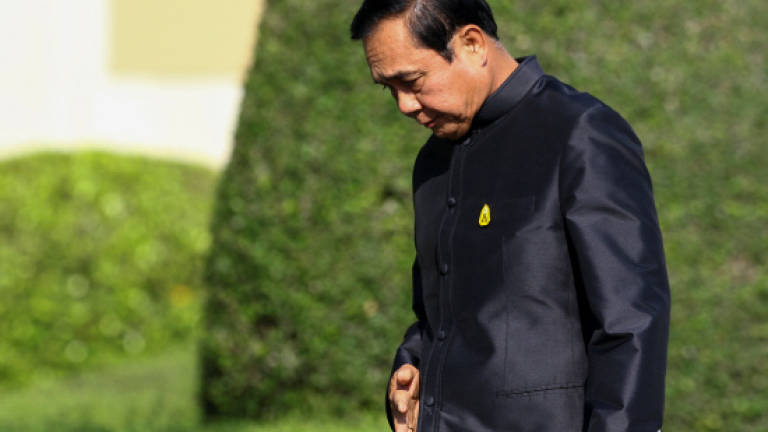Thai junta chief hits back at web censorship critics

BANGKOK: Thailand's junta chief on Tuesday defended amendments to a cyber security law that boosts censorship powers, slamming social media as a hotbed of immorality that needs policing.
Changes agreed to last week broaden the scope of the Computer Crime Act, which hands up to five years in prison for anyone found guilty of sharing "distorted" information online.
The toughened law has drawn a strong backlash in social-media obsessed Thailand, with particular alarm provoked by the creation of a new committee to flag websites that breach "public morals".
Prime Minister Prayut Chan-O-Cha hit back on Tuesday, saying the dangers of access to an unfettered internet merited new regulation.
"The government will not watch all the time for someone to make a mistake ... (it) will only consider content that could make society unstable," the 62-year-old former general told reporters.
"I would like to ask you back, you who spend much more time on social media than me, do you see the dangers from it? Illegal drugs sales, pornography, inappropriate words, defamation, distorted information," he said.
Prayut's government, the most authoritarian Thailand has seen in more than a decade, has harshly cracked down on online dissent since its 2014 power grab.
Amendments to the bill, which still need formal approval from the king, have prompted a slew of cyber attacks against government websites, with activists temporarily crashing some web pages.
The junta had already leaned heavily on the existing Computer Crime Act.
According to watchdog Fortify Rights, there have been at least 399 prosecutions under the computer law in 2016 compared to 46 in 2013, the year before the junta grabbed power.
The junta has also ramped up its use of a draconian royal defamation law that punishes criticism of the monarchy with up to 15 years in prison per offence. — AFP